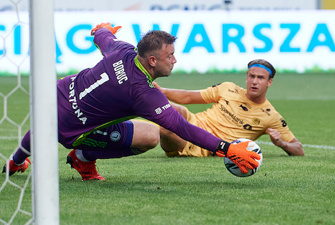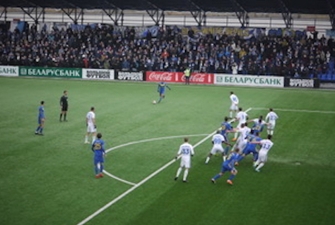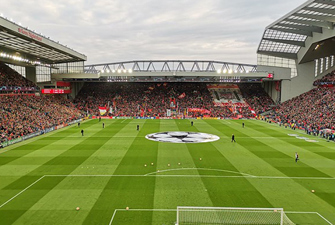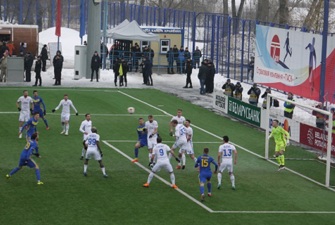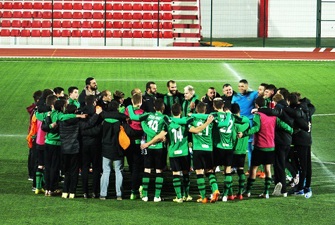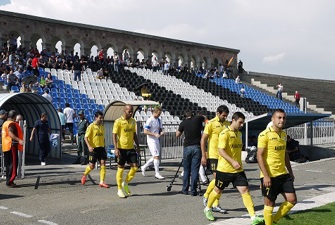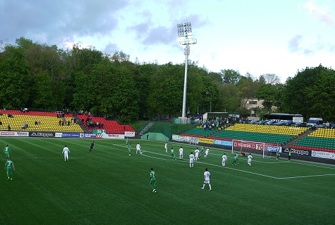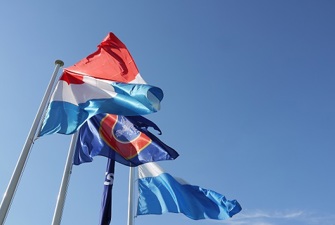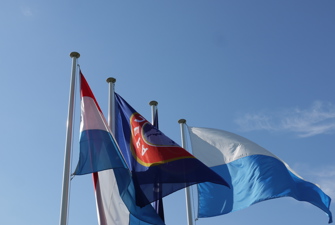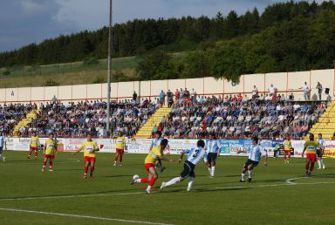Domestic hegemonies continue across Europe: Champions League Diversity Index 2016/2017
The number of debutants in the Champions League will rise in 2016/17, but domestic hegemonies still prevail in many European countries, the latest Champions League Diversity Index shows.
The surprise English Premier League champions Leicester City will be joined by eight other clubs making their debut in the 2016/17 Champions League according to Play tThe Game’s annual Diversity Index.
Other Champions League debutants include Armenian side Alashkert, Hapoel Be'er Sheva of Israel, Slovenia’s Olimpija Ljubljana and Finnish club Seinäjoen Jalkapallokerho, more commonly known as SJK.
Swedish side IFK Norrköping, who played in the old European Cup in the 1960s but have not played in the reformatted competition, also make their Champions League bow along with Romania’s Astra Giurgiu, Russian side Rostov and Mladost Podgorica of Montenegro.
The number of new entrants on the rise
Ten different clubs have represented the Premier League since the 1994/95 season, when structural changes produced the current tournament, but proportionally England has been represented by one the smallest group of clubs.
Since 1994/95, the Premier League has been awarded 78 places in the Champions League qualifying or group stages. Only Greece, the Ukraine, Scotland and Croatia have a higher ranking in the index, which works by dividing the number of places available by the amount of clubs taking them up.
In contrast, Mladost Podgorica’s title win in 2015/16 means that six different clubs have taken up the 10 places awarded to Montenegro since the former Yugoslav Republic began entering sides in 2007/08.
Overall, the number of new entrants has risen for a second consecutive season but the impact lower of UEFA money remains sizeable.
In 2012/13, 11 new clubs took part in the Champions League. The number of debutants dropped to five by 2014/15 but there was a rebound the following season to seven.
In 2016/17, this number will increase again but the same teams will still represent 23 countries as the previous season, as domestic hegemonies continue across Europe. The last time that a club other than Dinamo Zagreb represented Croatia in the Champions League was 2005/06, when Hadjuk Split took part.
Prize money can have a major impact
In countries where income is scarcer or even virtually negligible, UEFA prize money has a major impact. According to UEFA’s last benchmarking report covering the 2014 financial year, revenue from the European body contributed 77% of revenue at Andorran clubs.
Clubs in Andorra, Armenia, Gibraltar and San Marino had average wage bills of just €0.1 million in 2014 according to UEFA, but in 2016/17 their champions get €450,000 for appearing in the first qualifying round regardless of their performance.
In Armenia, clubs from the capital such as Alashkert do not charge for admission, get no money from television coverage and are reliant on the patronage of owners. This makes a Champions League appearance a major fillip for owners such as Alashkert’s backer, Bagrat Navoyan.
Searching for better wages
However, the lure of Champions League money is also prompting clubs to gamble on higher wages to try and access to UEFA prize money.
Lincoln Red Imps have won the Gibraltarian league title for the last 13 years. After Gibraltar’s accession to UEFA membership in 2013, Lincoln took part in the Champions League qualifiers in 2014/15 and 2015/16, when they won a round and over the two years pocketed €900,000 in prize money from UEFA.
Such is the impact of this money, that the British territory is being flooded with lower league Spanish players in search of better wages at clubs trying to challenge Lincoln’s dominance.
The Gibraltar Football Association want to introduce some form of revenue sharing but Lincoln opposes this on the grounds that the club funded itself for years before UEFA membership.
Countries with the same clubs taking part in the 2016/17 Champions League as the previous season: Albania, Andorra, Austria, Azerbaijan, Bulgaria, Cyprus, Croatia, Czech Republic, France, Faroe Islands, Gibraltar, Kazakstan, Lithuania, Montenegro, Netherlands, Northern Ireland, Portugal, Republic of Ireland, Scotland, Slovakia, Switzerland, Ukraine, Wales.

